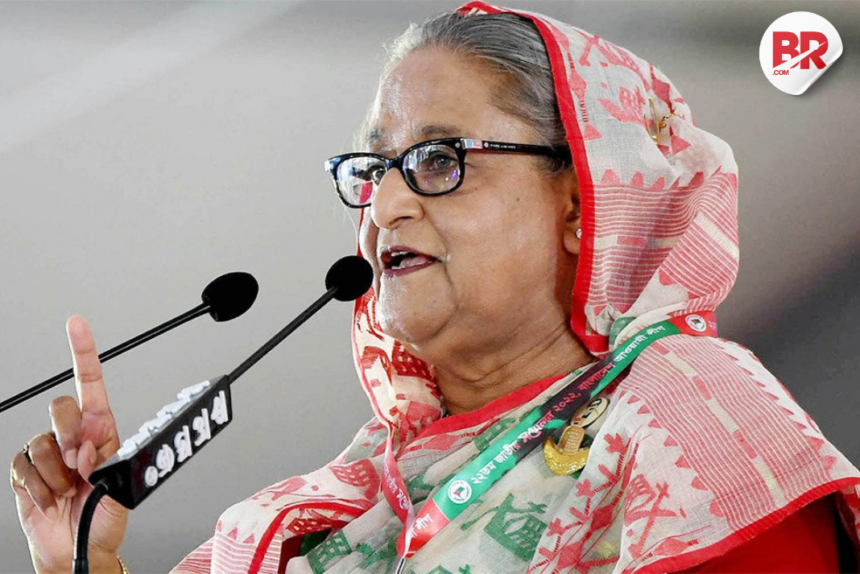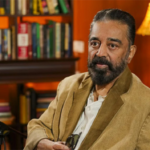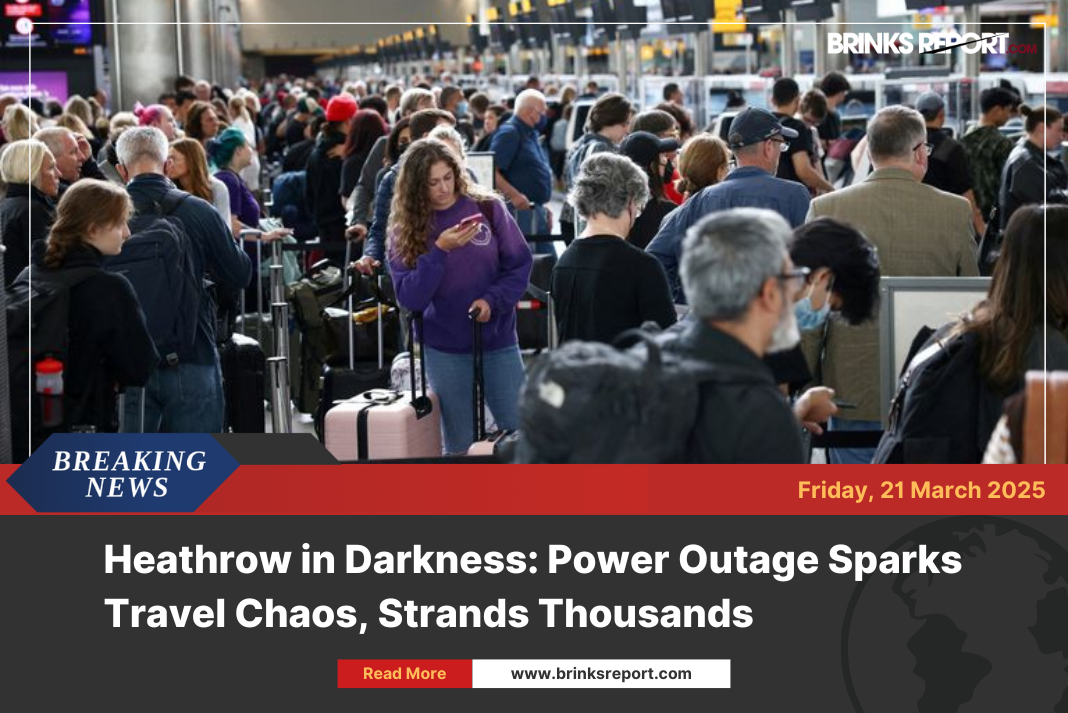
Bangladesh is in political chaos since August last year. The long rule of Sheikh Hasina’s Awami League came to an abrupt end after student protests over job quotas forced her out.
Nobel laureate Muhammad Yunus stepped in as the interim Chief Adviser to lead the country towards fresh elections. But nine months later, stability feels distant.

For many Awami League workers, life has turned into a nightmare. A senior party official told Firstpost on condition of anonymity, “We are living like prisoners.”
Crime has soared since the protests disrupted police forces. Attacks on minorities and party workers have become common. One chilling example: a 65-year-old woman was gang-raped, and her husband badly beaten. “Robberies, rapes, and contract killings are everyday news,” he said.
The official blamed “goons” linked to rival parties—Jamaat, BNP, and the NCP—for this violence.
These groups, which Yunus’s government allowed to contest elections while banning Awami League, are accused of spreading fear and chaos. “The local police are missing in action,” he added. People avoid stepping outside, especially Awami League supporters.
The official expressed deep disappointment with Yunus. “Nothing good can happen under him,” he said bluntly.
Hasina’s party was banned from elections, and the interim government is accused of supporting extremists. The official echoed Hasina’s claim that the US backs Yunus, who is trying to appease Washington.
“Fair elections can’t happen with Yunus in charge. The Army should intervene to ensure a neutral election,” he demanded.
Also Read SWAT Deployed in Bangladesh as Civil Servants Revolt Against Controversial Law
Despite being sidelined, the Awami League remains popular. “Our support dipped during protests, but people are turning back as they grow tired of instability,” the official said.
Rival parties, especially Jamaat, are pushing anti-India rhetoric and have ties to Pakistan’s ISI, he added. The official also dismissed the idea of Awami League leaders running as independents, warning they would face false charges and threats.
International pressure complicates the scene further. India, Pakistan, and the US all have stakes in Bangladesh’s politics.
A proposed corridor for Rohingya refugees into Myanmar’s Rakhine state has heightened tensions. Yunus supports it, but the Bangladesh Army sees it as a threat. The official called for India to take a stronger role, saying, “India’s role will decide Bangladesh’s future.”
As for Hasina’s return, party workers hope for it but recognize the risks. “She needs Army protection for a safe comeback. The political playing field must be level for elections,” the official said. The law and order crisis worsens by the day. “There was a time people walked safely even at 3 am. Now, women are burned alive, and police vanish,” he said.
Meanwhile, Yunus met many political groups but notably excluded the Awami League from his “unity” talks. The December 2025 election deadline set by others feels uncertain.
For now, Bangladesh waits—uneasy and unsure.
Also Read Yunus vs Khaleda Zia: Why Bangladesh’s December 2025 Election Could Change Everything












